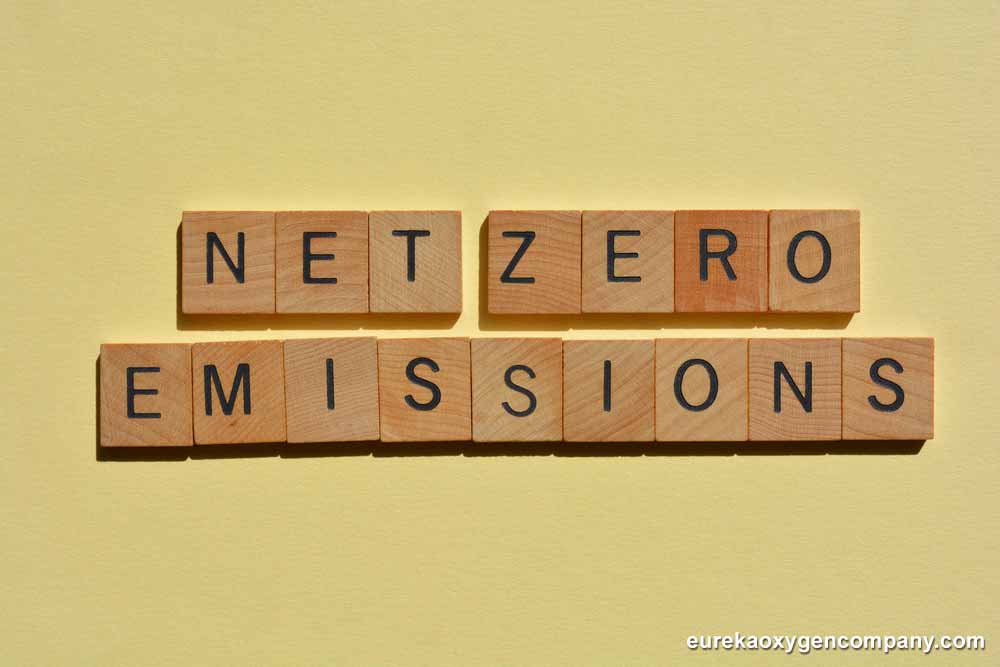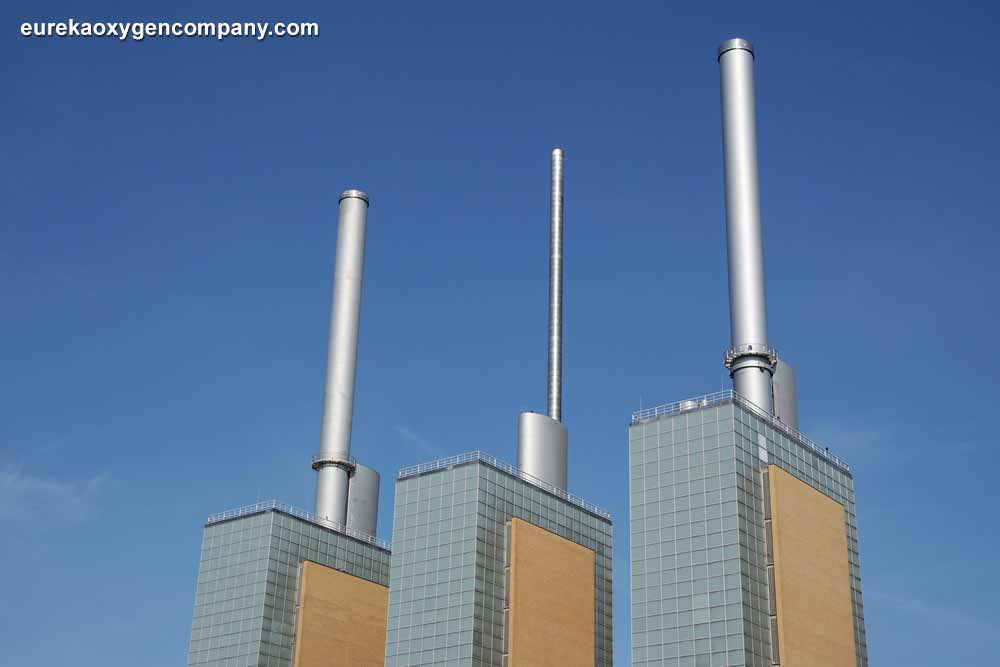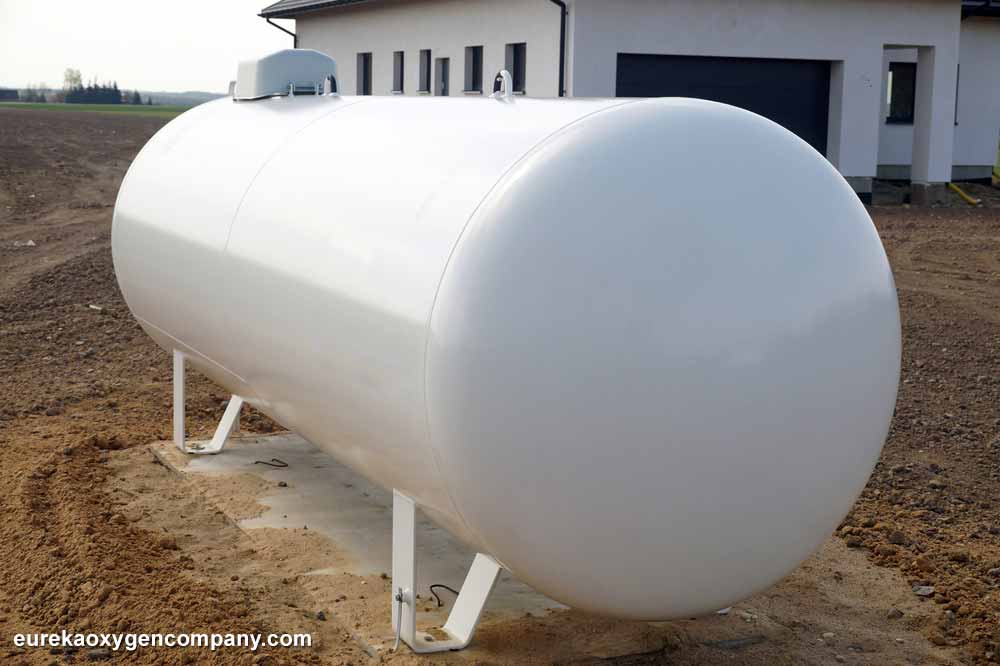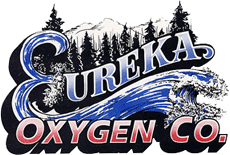If you are an environmentally conscious individual, then you ought to know that using propane as fuel can be what you need to do your part in conserving the environment. According to the Environment Protection Agency (EPA) no less than 80% of greenhouse gases released into the air in the US are carbon emissions. Also, transportation gas emissions and electricity are responsible for 56% of all greenhouse gas emissions in the country. Besides other harmful effects to the environment, carbon emissions have been proven to play a leading role in triggering climate change. In turn, this has given rise to global warming along with other adverse impacts on water supplies and even food crops.
On the other hand, using propane has been shown to be very effective in reducing the carbon footprint for meeting household heating, cooking, and power needs. In fact, this gas is universally considered as an approved clean and renewable fuel source, and this was reinforced by the Clean Air Act, enacted in the early 1990s. Granted, propane does indeed emit some level of carbon emissions. However, this is considered trivial when compared to other alternative energy sources, particularly heavy carbons.
At the same time, the production of propane never leaves behind any toxic waste like sulfur dioxide, methane or even nitrogen oxides. Propane use as well isn’t detrimental to the soil, freshwater sources, groundwater, and saltwater bodies. In the event it is accidentally spilled or leaked, this gas simply and harmlessly dissipates from the air. When contrasted with gasoline, propane is noted for emitting 60% lesser carbon monoxide. Additionally, this gas emits virtually no particulate matter when compared to diesel. Better still, due to its considerably low carbon monoxide emissions, propane use as an energy source contributes much less acid rain. While transporting it is much safer than transporting other alternatives. In turn, any negative environmental impact may be immensely minimized in the event of any spillages or leaks.
Propane plays a big role in net-zero initiatives

For those who might not be in the know, net-zero simply refers to attaining a balance between emissions produced and emissions retrieved from the atmosphere. By replacing heavy carbons including coal, oil, and wood, propane may play a leading role in significantly minimizing carbon dioxide emissions. Also, its pocket-friendliness guarantees individual consumers can have an equitable share in the numerous benefits this gas offers.
Propane fast-tracks decarbonization

As a clean and renewable fuel source, increased propane use can greatly accelerate decarbonization. Today, propane-powered medium and heavy-duty vehicles offer a much decreased carbon footprint in a grand total of 38 states in America upon comparison with medium and heavy-duty electric vehicles charging on the electric grid. Additionally, propane has made combined heat and power (CHP) technology feasible. When compared to centralized electricity generating facilities (that operate at 33% efficiency), CHP systems deliver efficiencies of between 60% to 80% for electricity generation purposes.
Propane guarantees clean energy use equity
Many urban and rural low-income households in the country spend nearly 3 times as much income on energy bills when contrasted to non-low-income households. To this end, according to data released by the EIA, electricity is 68% more costly/million BTUs than propane. To achieve true equity, all households in the nation ought to have access to clean energy sources. Yet, the current utility programs promoting rooftop solar power aren’t fully accessible to most low-income households. On the flip side, some emissions-free renewable fuel sources like solar power come with a big string attached. Net-metering provides solar power clients credits on their energy bills whenever their panels produce excessive electricity, and their utility providers buy it back. This definitely means that non-solar power users including most low-income households have to foot this extra power.
Propane isn’t only a better, but a cleaner energy solution

When compared with grid electricity, of which 25% is produced using coal, propane delivers a greater source-to-site ratio of 1.01 while grid electricity stands at 2.80. Also, since it is methane-free, propane is much better than natural gas. At the same time, it is a better energy solution than most liquid fuels because it just evaporates harmlessly when exposed to the air. Like it was earlier stated, propane can never harm soil, drinking water, or even marine ecosystems. Additionally, when contrasted with gasoline-powered automobiles, propane-powered vehicles emit 12% less carbon dioxide, 20% nitrogen oxides, 25% fewer greenhouse gases, and 60% less carbon monoxide.
On a parting shot, propane is regarded to be a renewable energy source since it is produced by transforming plant oil, vegetable oils, waste greases, and animal fats into fuel.
Eureka Oxygen is a leading vendor of a variety of industrial and cylinder gases including propane and industrial equipment. It also specializes in providing diverse high-quality welding products, welding equipment, welding supplies, and accessories.

